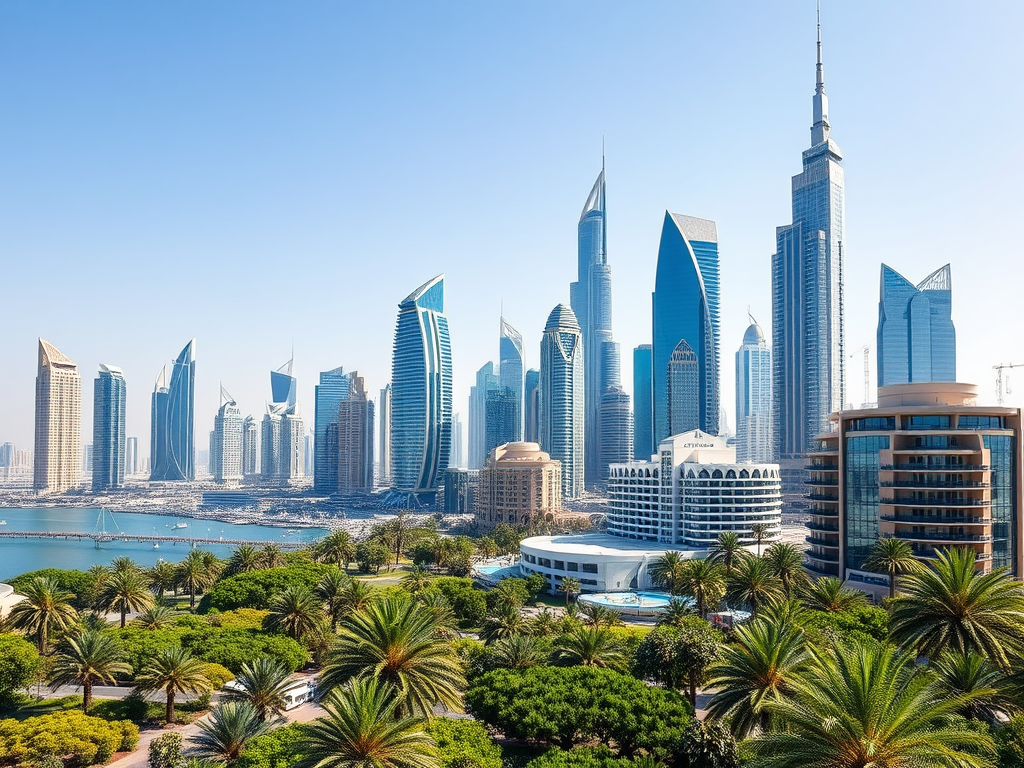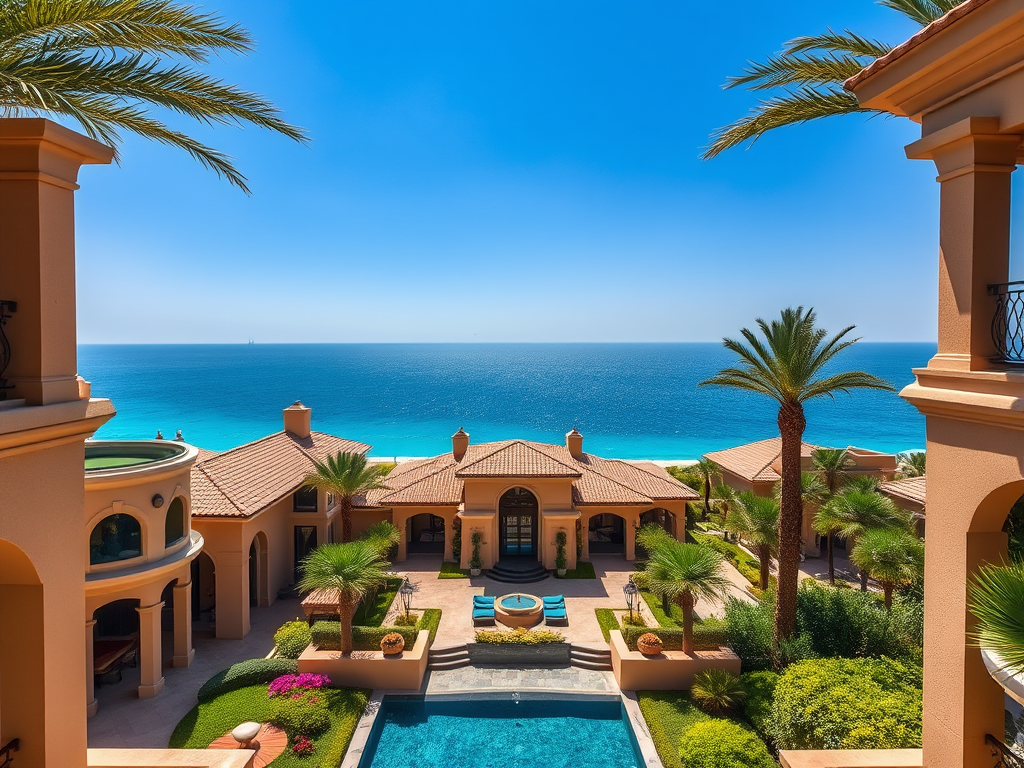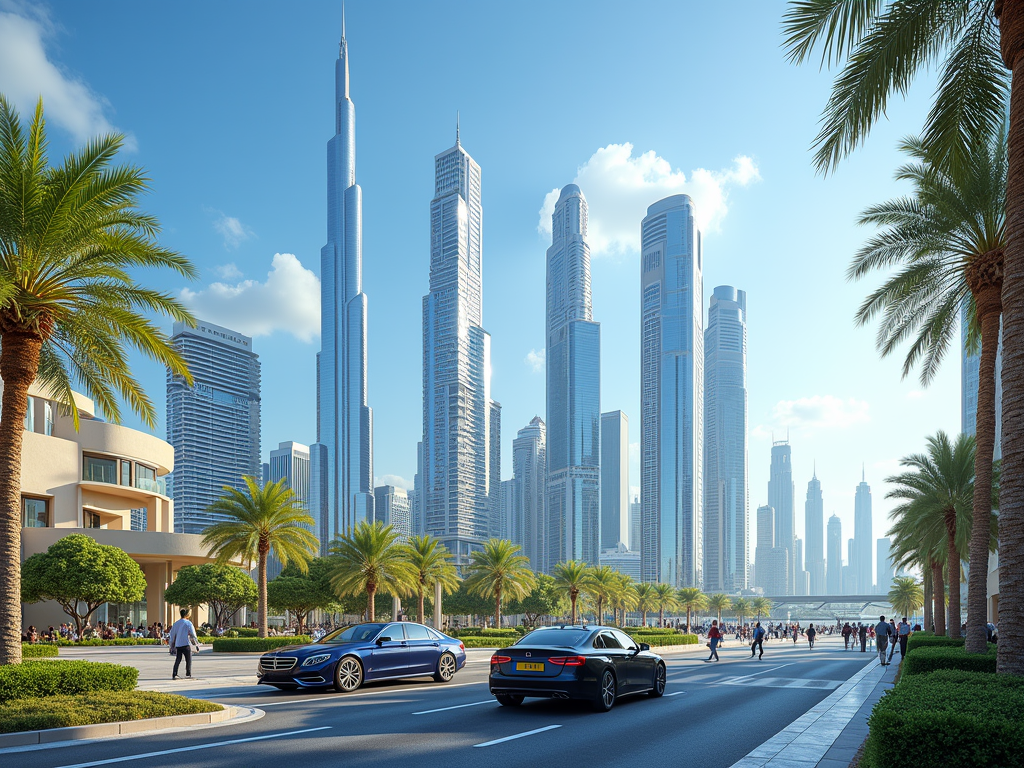
In the global property market, Dubai has emerged as a unique player with its distinct real estate prices that often bewilder investors. As one of the most dynamic cities in the world, Dubai’s real estate landscape has showcased impressive growth and resilience, particularly when compared to other prominent global property hotspots such as New York, London, and Hong Kong. This article delves into the nuances of Dubai’s real estate prices and provides a comprehensive comparison to these major cities. Understanding these differences is critical for investors seeking lucrative opportunities in a competitive environment.
Dubai’s Real Estate Market Overview
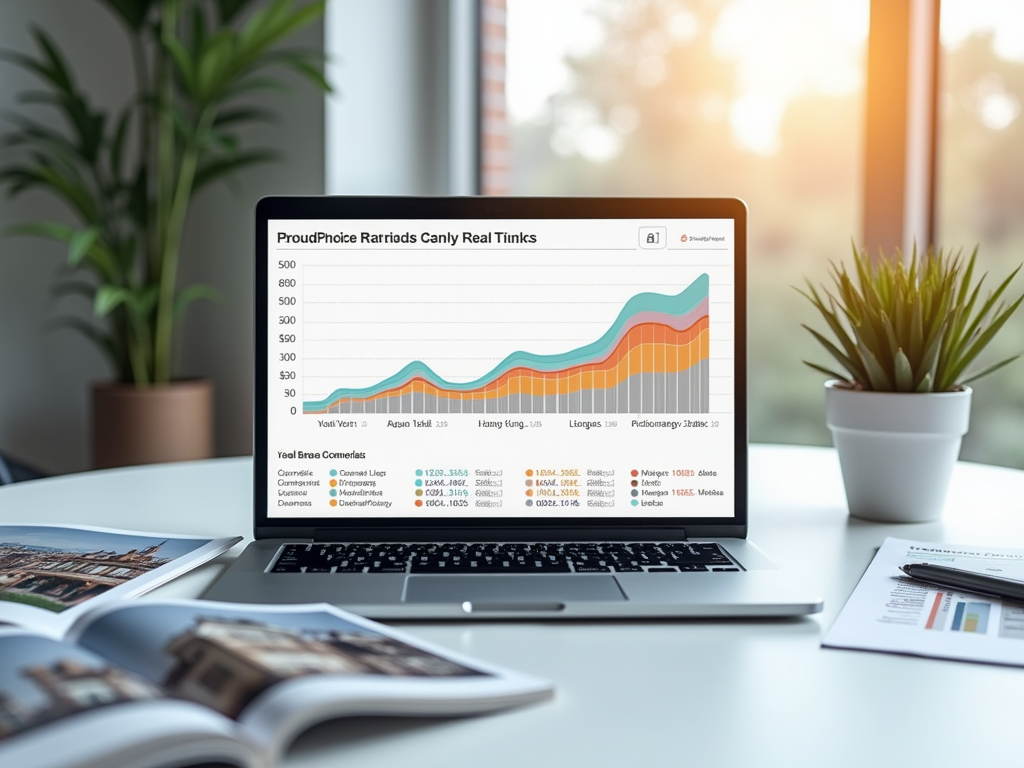
The Dubai real estate market is characterized by its luxurious offerings, a plethora of high-rise developments, and diverse investment opportunities. Over the past decade, the city has crafted a reputation for attracting both local and foreign investors due to its tax-friendly environment and business-friendly policies. This booming market is influenced by a range of factors, including tourism, expatriate settlement, and major international events. Moreover, the government’s push for long-term residencies has further bolstered investor confidence, enhancing the allure of Dubai’s property sector.
Compared to other global property hotspots, Dubai shows unique trends in property pricing. The implementation of innovative urban planning and large-scale developments like the Expo 2020 (now Expo 2021) have also earmarked Dubai as a city of the future. Eventually, these elements culminate to provide a robust and captivating real estate landscape that differs from traditional markets such as New York City or London’s West End.
Real Estate Prices in Global Hotspots
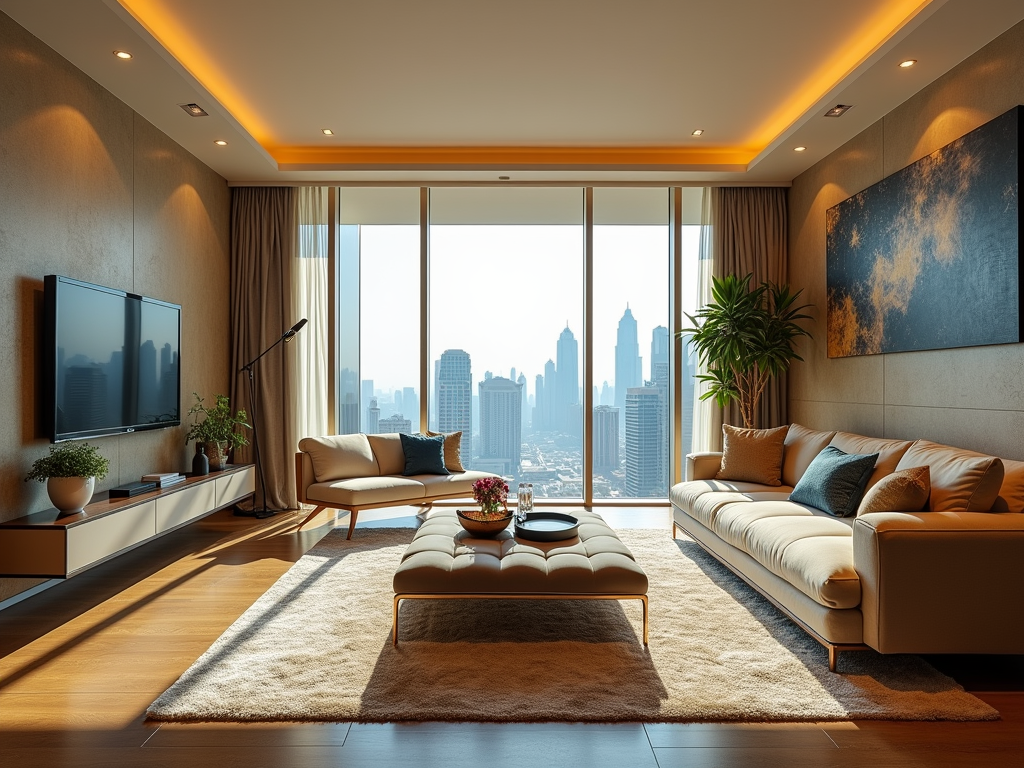
When surveying global property prices, it is essential to understand the price points and growth trajectories of various cities. Key property hotspots often include:
- New York City: Known for sky-high prices, the Manhattan area is often regarded as the benchmark for luxury property. Average prices per square foot can easily reach well above $1,500.
- London, UK: Central London has maintained a reputation for being one of the most expensive markets, with prices in prime areas like Kensington and Chelsea averaging around £1,600 per square foot.
- Hong Kong: With one of the densest populations globally, Hong Kong’s average prices often exceed $2,000 per square foot, confirming its place as one of the priciest property markets.
- Singapore: A notable contender in the Southeast Asian market, Singapore’s luxury properties range from $1,200 to over $2,500 per square foot, depending on the area.
- Sydney, Australia: Recent years have seen Sydney’s market burgeon, with average prices around AUD $1,000 per square foot for premium properties.
In comparison, Dubai presents a relatively affordable option for luxury real estate, with average prices around AED 1,200 (approximately $327) per square foot, depending on the neighborhood and property type. This considerable price difference erects an attractive gateway for investors keen on luxury properties without breaking the bank.
Factors Influencing Dubai’s Pricing Structure
Several factors contribute to the distinctive pricing structure of Dubai’s real estate market:
- Regulatory Environment: Dubai offers a relatively free market, allowing foreign ownership of properties – a rarity among global hotspots.
- Infrastructure Development: Continuous investments in infrastructure, such as transportation and amenities, enhance property valuations and attract potential buyers.
- Tourism and Expatriation: The influx of tourists and expatriates has resulted in increased demand for both residential and rental properties, stabilizing prices.
- Market Cycles: Despite experiencing cycles of rapid growth and correction, Dubai’s ability to quickly rebound can keep its prices competitive.
- Global Events: Hosting global events significantly amplifies interest and can drive short-term rental prices upward, aligning with peaks in demand.
For potential investors, it is crucial to weigh the prospects of investment across different markets. Here is a comparison to consider:
- Return on Investment (ROI): While New York and London offer stable appreciation, Dubai promises enticing ROI rates, sometimes averaging over 7% for prime properties.
- Capital Growth: In the last few years, Dubai has seen substantial price corrections, which have led to a rebound in attraction for first-time buyers.
- Rental Yield: Rental yields in Dubai often surpass those of major cities, with averages ranging around 5%-8%, depending on the location.
- Market Stability: Thanks to a range of national policies supporting the sector, Dubai has demonstrated resilience against global market fluctuations.
- Future Developments: Projects such as the Dubai Creek Tower and various mega events continue to pave the way for potential appreciation in property values.
Conclusion
In summary, Dubai’s real estate prices present a compelling case when compared to other global property hotspots. Despite being relatively lower, the investment potential remains high due to factors such as substantial rental yields, favorable regulations, and continuous infrastructure developments. Investors looking beyond the traditional avenues of New York, London, and Hong Kong may find Dubai to be an appealing option that marries affordability with luxury. As the city continues to develop and draw international interest, the scope for profitable real estate investments only stands to increase.
Frequently Asked Questions
1. Is Dubai a good place to invest in real estate?
Yes, Dubai is considered a favorable location for real estate investment due to its attractive property prices, high rental yields, and a business-friendly environment.
2. What is the average price per square foot in Dubai?
Average prices in Dubai are around AED 1,200 (approximately $327) per square foot, depending on the specific area and property type.
3. How does Dubai’s rental yield compare to other cities?
Dubai’s rental yield often ranges from 5% to 8%, which is higher than many traditional markets like New York and London.
4. Are there restrictions on foreign property ownership in Dubai?
No, Dubai has a relatively open market that allows foreign investors to own property outright in designated areas.
5. What future developments could impact Dubai’s real estate market?
Major upcoming projects like the Dubai Creek Tower and various mega events are expected to significantly increase property demand and value in the future.
